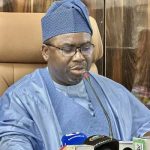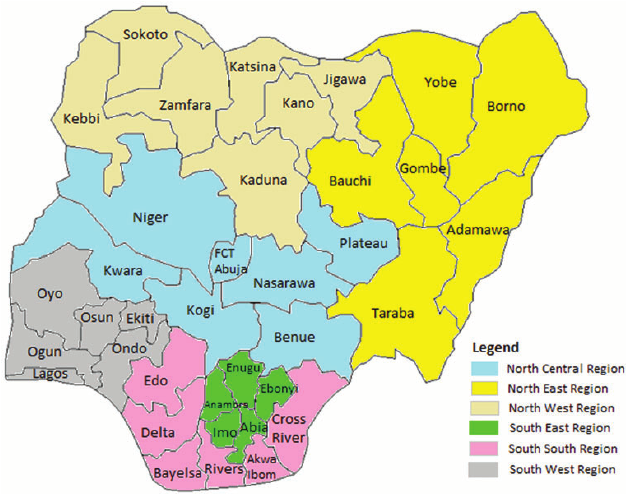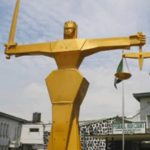Nigeria’s Deep-Rooted Corruption Crisis: A Nation in Trouble.
Corruption in Nigeria is not a hidden issue—it is a deeply rooted problem that has engulfed almost every sector of society. From the highest levels of government to the smallest local councils, corruption has become a cancer weakening the very foundation of the country’s development and democracy. Indeed, when one says “Nigeria is a corrupted country,” it is not merely an accusation—it is a reflection of the serious trouble this nation faces.
One of the most glaring issues in Nigeria today is the lack of accountability among the country’s leaders. Despite countless promises during election campaigns, many political office holders use public office as a means to enrich themselves rather than serve the people. Leadership in Nigeria has become a platform for self-interest and personal gain, while millions of citizens continue to suffer in poverty, insecurity, and economic instability.
While it is true that no nation is entirely free of corruption, the difference lies in how seriously a country enforces laws and upholds justice. In Nigeria, rules and regulations are often ignored, manipulated, or selectively enforced. This lack of implementation and respect for due process has made it almost impossible to combat corruption effectively. Until the rule of law is restored and respected, the country will continue to descend into chaos.
Corruption in Nigeria has eroded the moral fabric of society. In pursuit of wealth and power, individuals have resorted to dishonesty, manipulation, and even violence. It is not uncommon to see civil servants who earn less than ₦200,000 a month owning multiple houses and luxury cars—a clear indication of embezzlement or unexplained wealth. This behavior sets a dangerous precedent for younger generations who may grow up believing that corruption is the only path to success.
The electoral process, which should be the cornerstone of any democratic society, is riddled with fraud and manipulation. Citizens stand in long lines, cast their votes in hope for change, only to discover that the final outcome was decided long before voting began—by a few powerful individuals behind closed doors. If this trend continues, Nigeria’s future elections may not only lack credibility but may also become impossible to conduct safely.
Even the judiciary, which should be the last hope of the common man, is not immune. From the lowest courts to the Supreme Court, justice is often for sale. Legal decisions are frequently influenced by money, power, and political interest rather than truth and justice. This undermines public confidence and weakens the entire legal system.
The rot of corruption trickles down to local government councils, where officials often mismanage or outright steal funds meant for community development. Basic services like water, roads, education, and healthcare are left in shambles, even though budgets were allocated for them. This is where many citizens interact most with government—and yet it is where corruption is often most visible.
Nigeria is at a dangerous crossroads. If immediate steps are not taken to enforce laws, strengthen institutions, and cultivate a culture of transparency, the future of the country will be jeopardized. Corruption is not just a political issue—it is a moral crisis, an economic disaster, and a threat to national security. The time for action is now. Only by demanding accountability and justice can Nigerians hope to reclaim their nation from the grip of corruption.
Writer Hon. Bala Salihu Dawakin kudu Email balasalihudawakinkudu@gmail.com 08060017934












